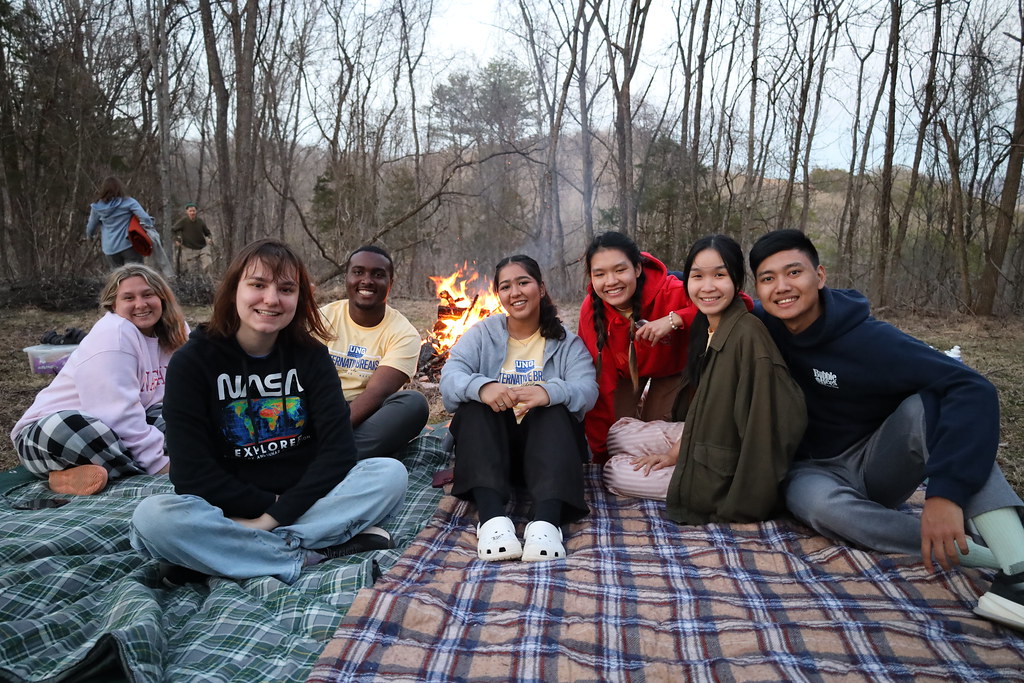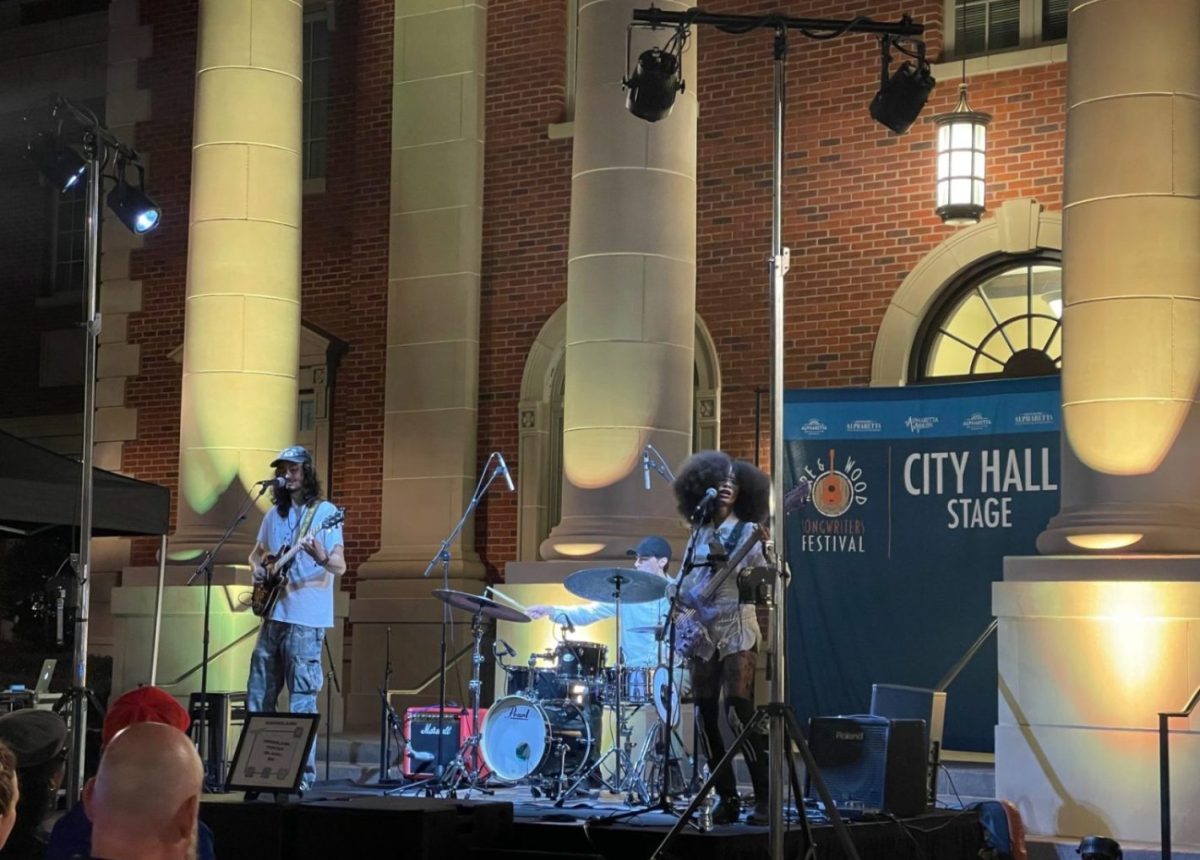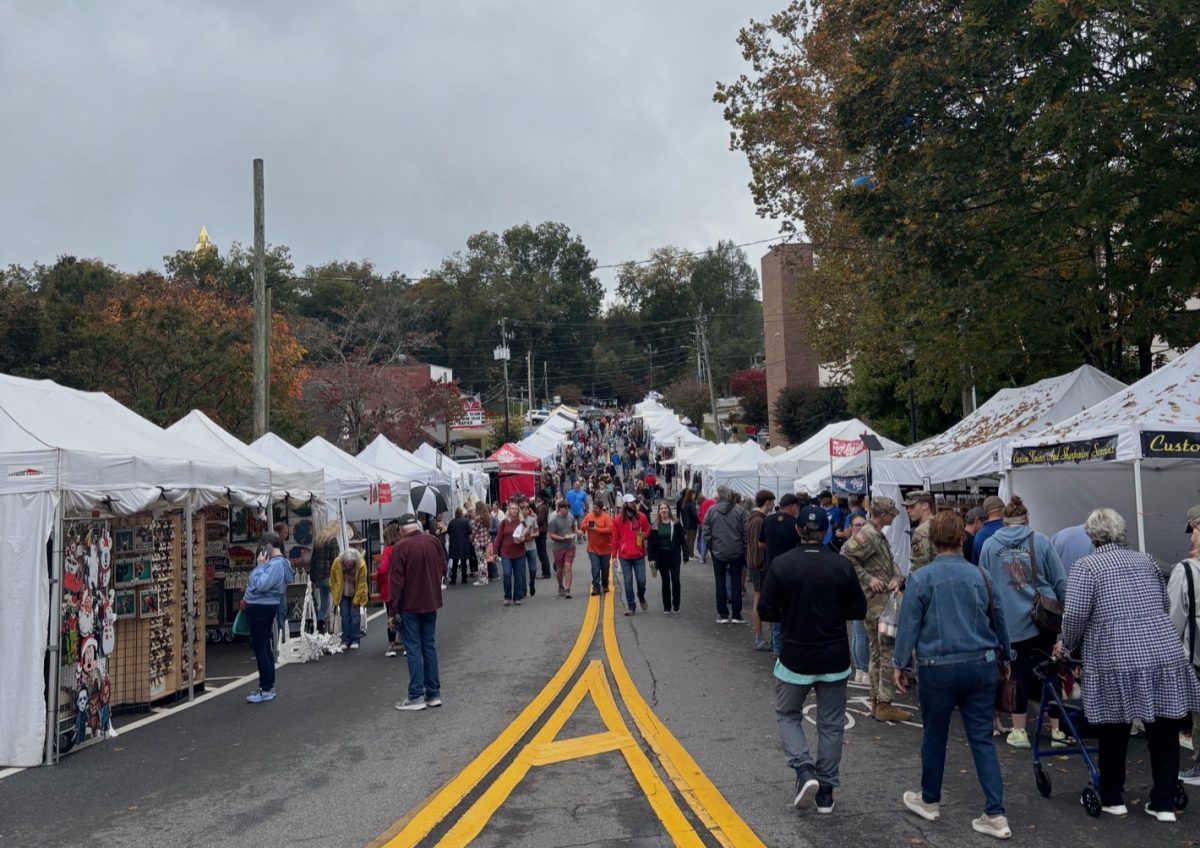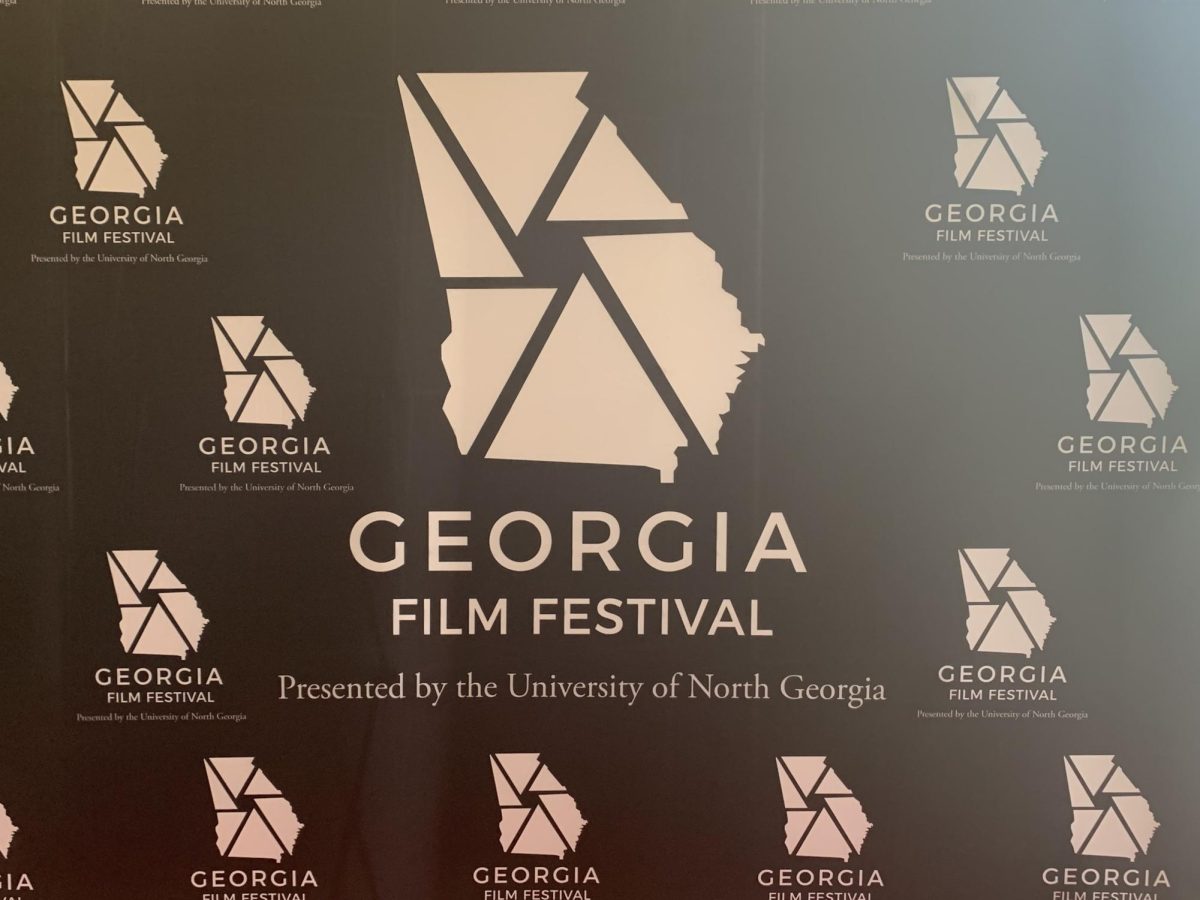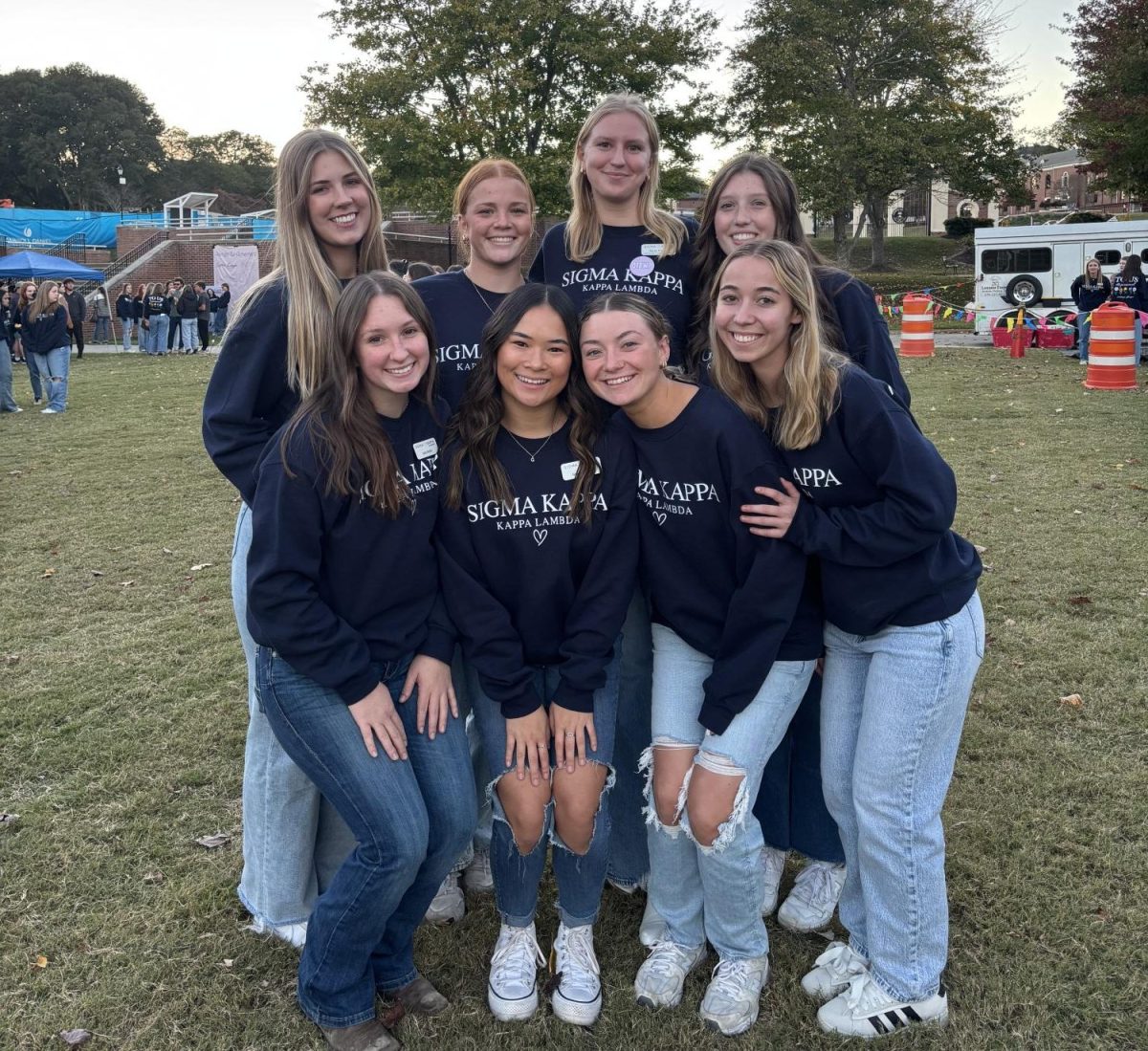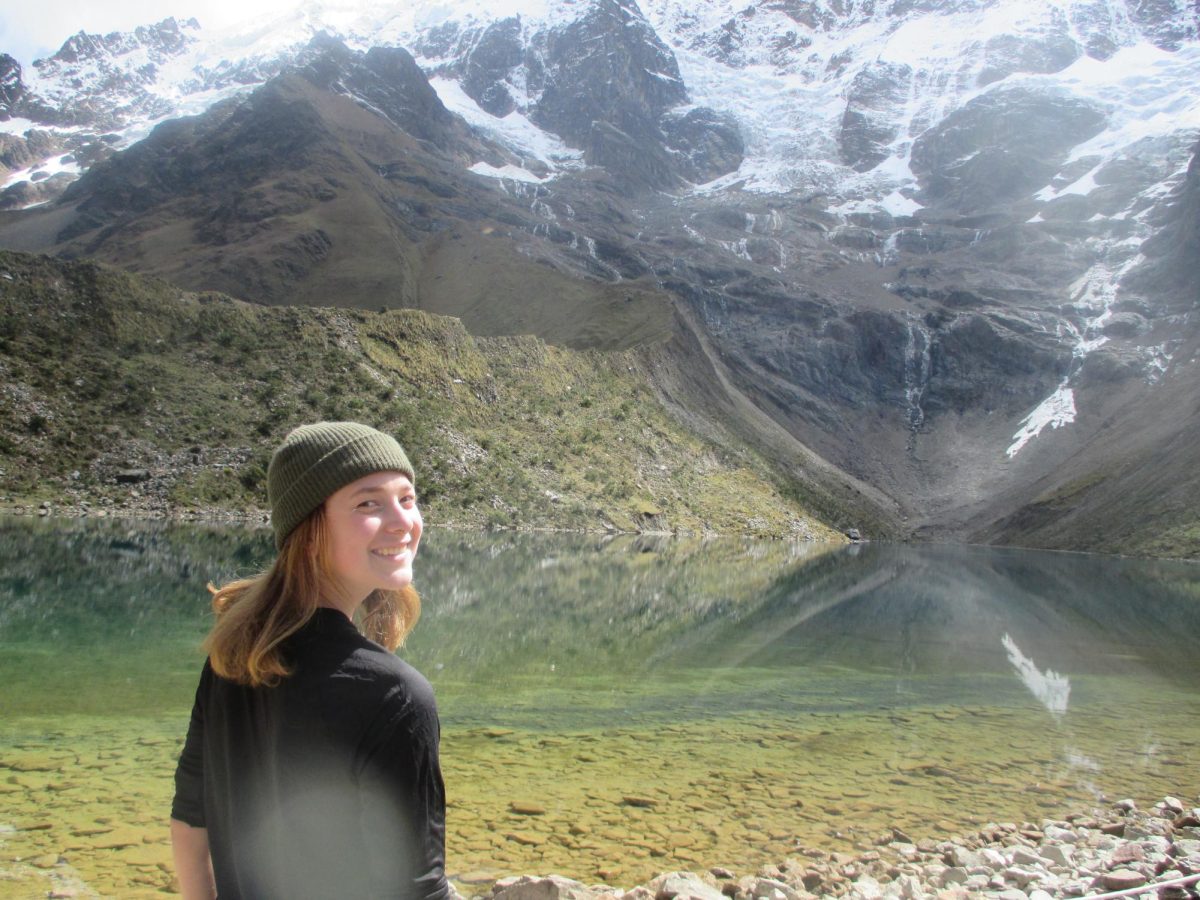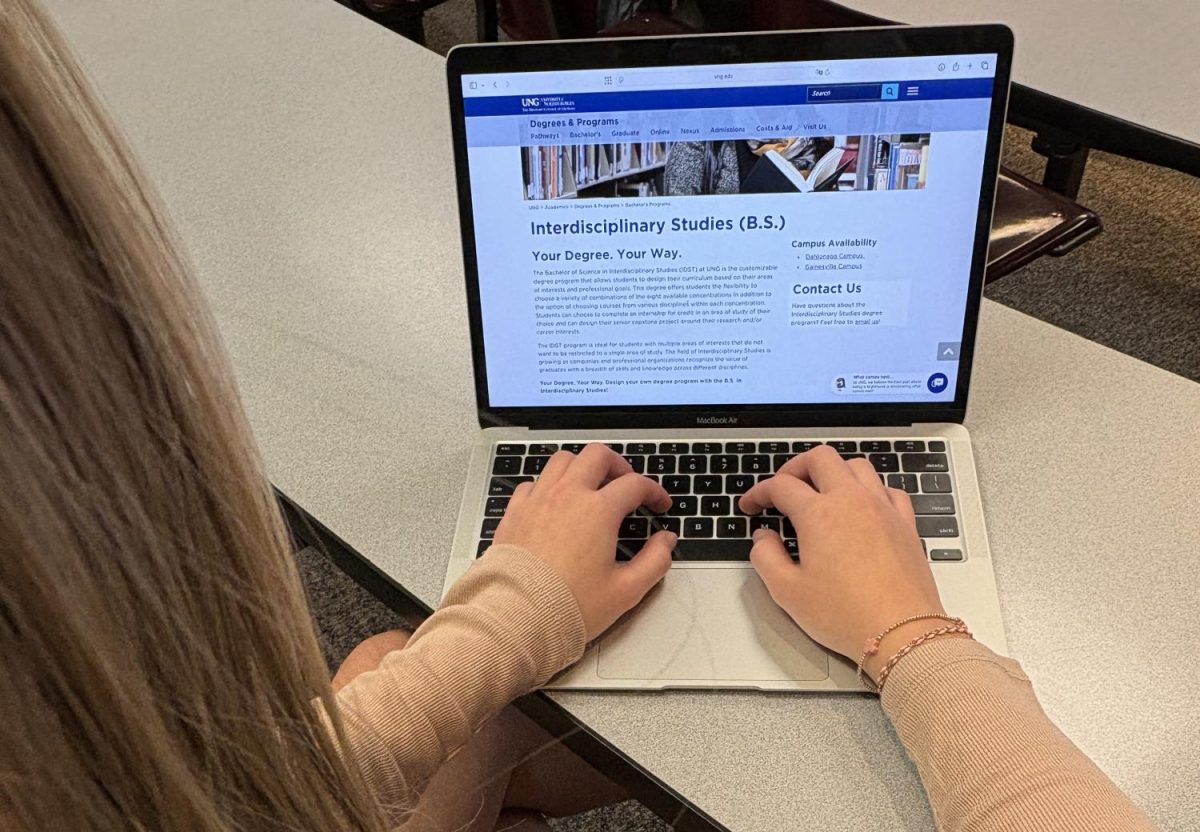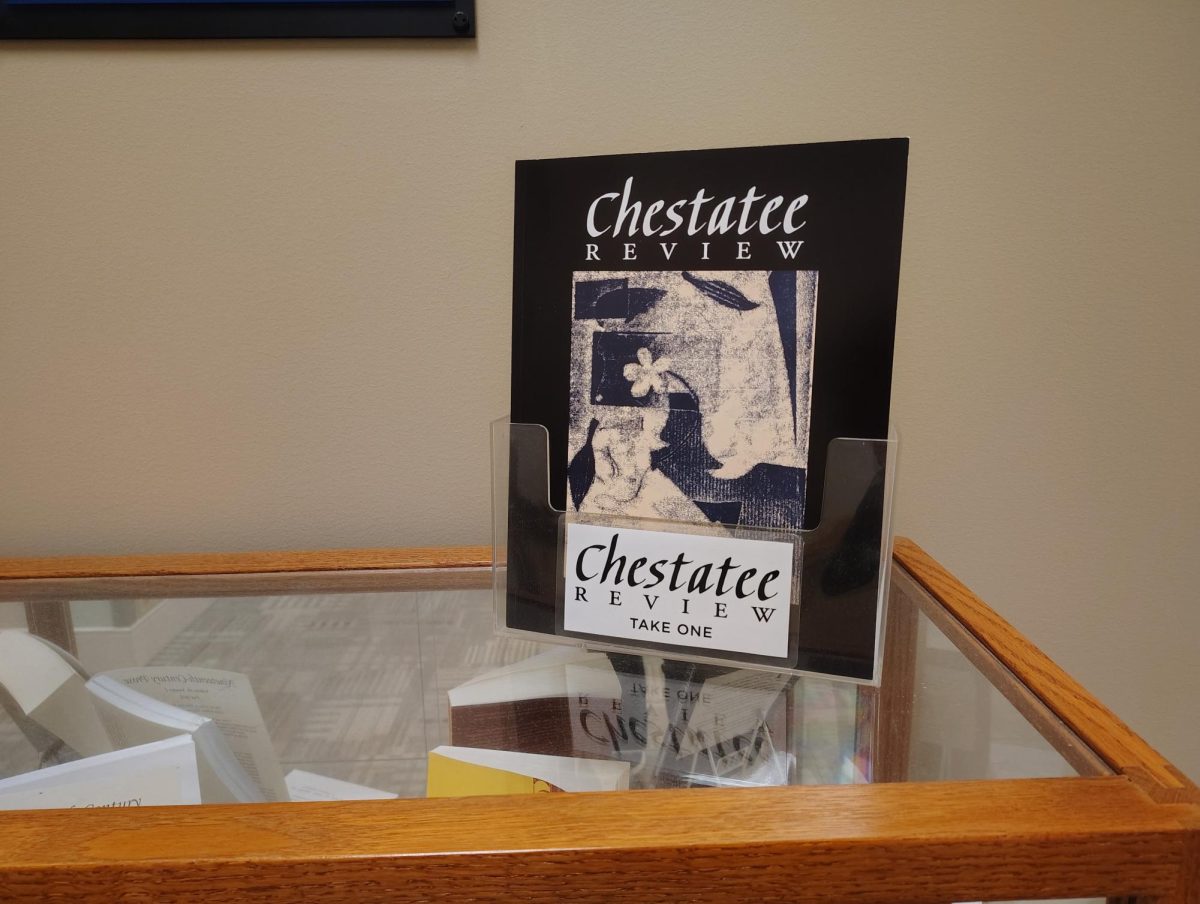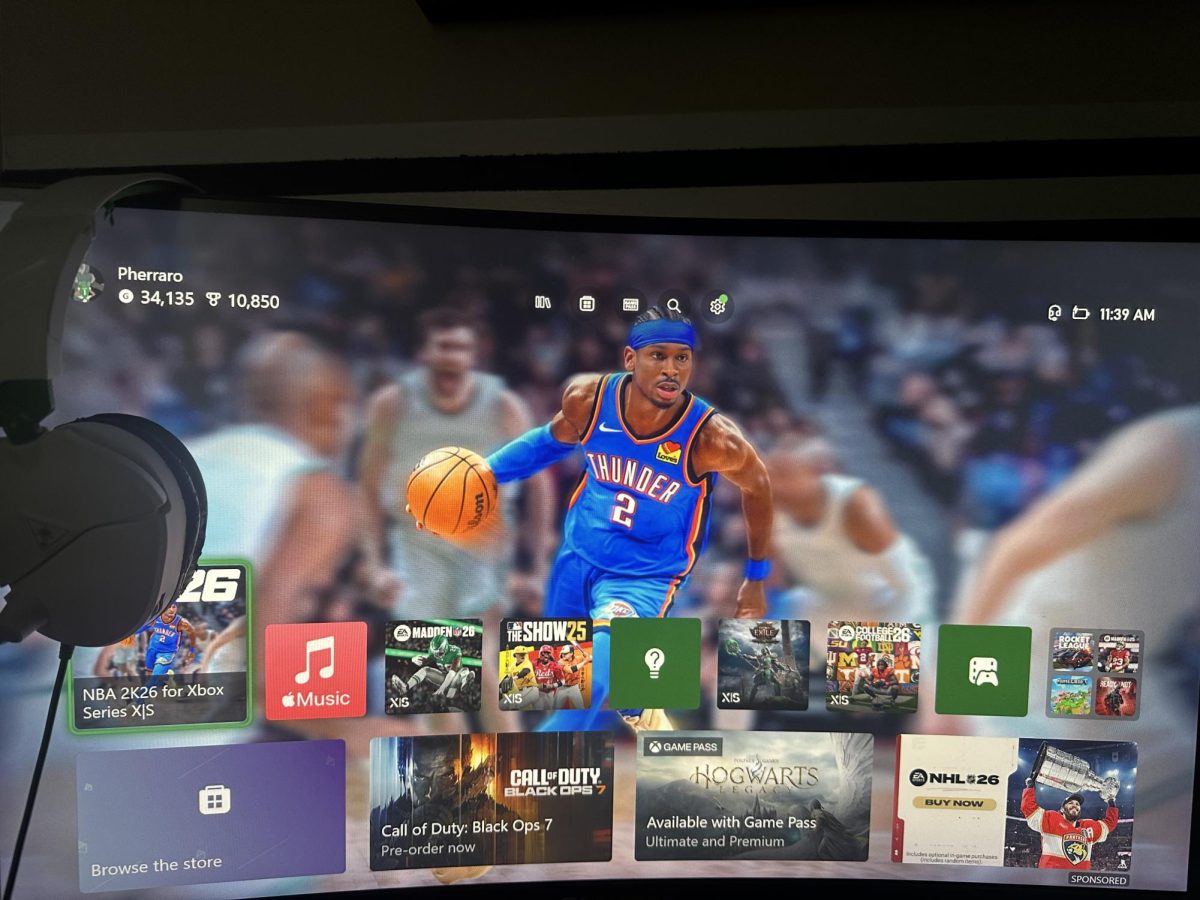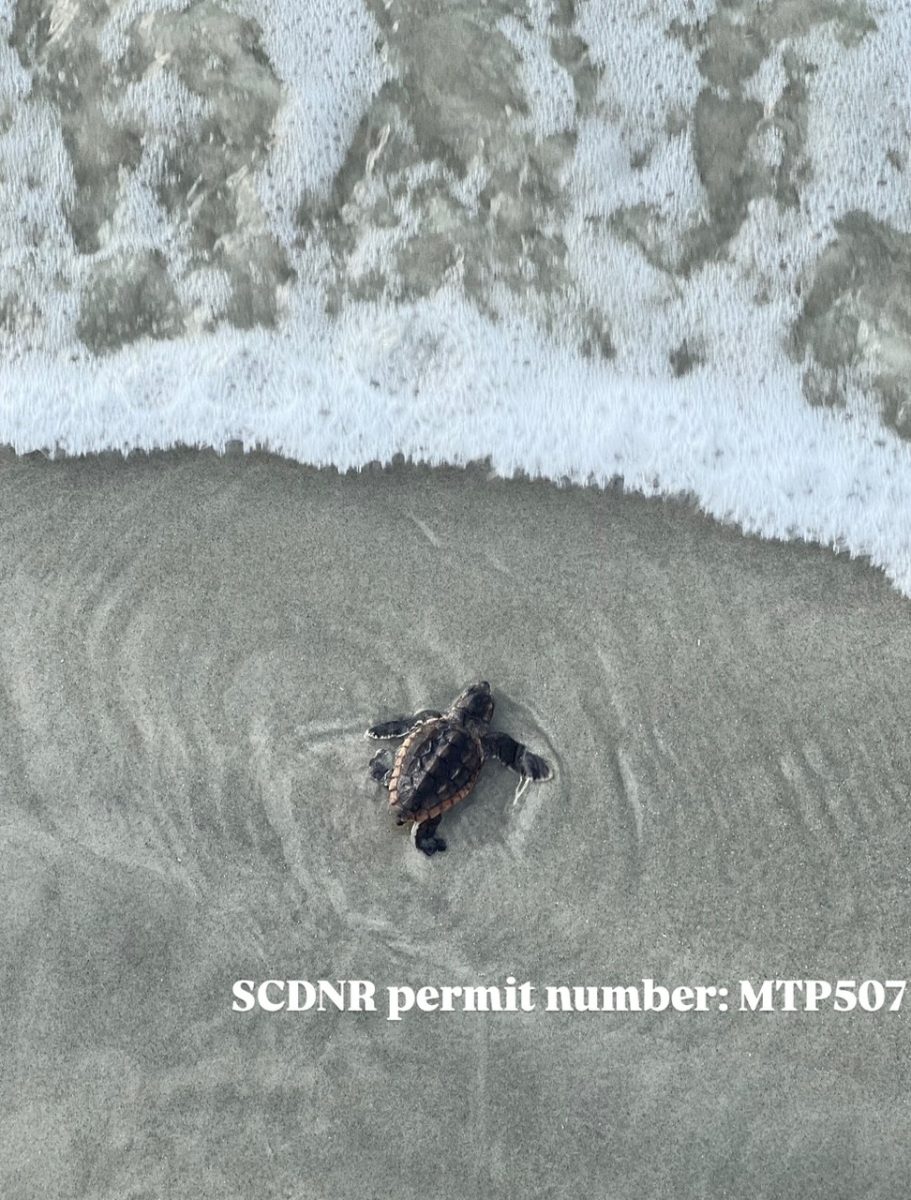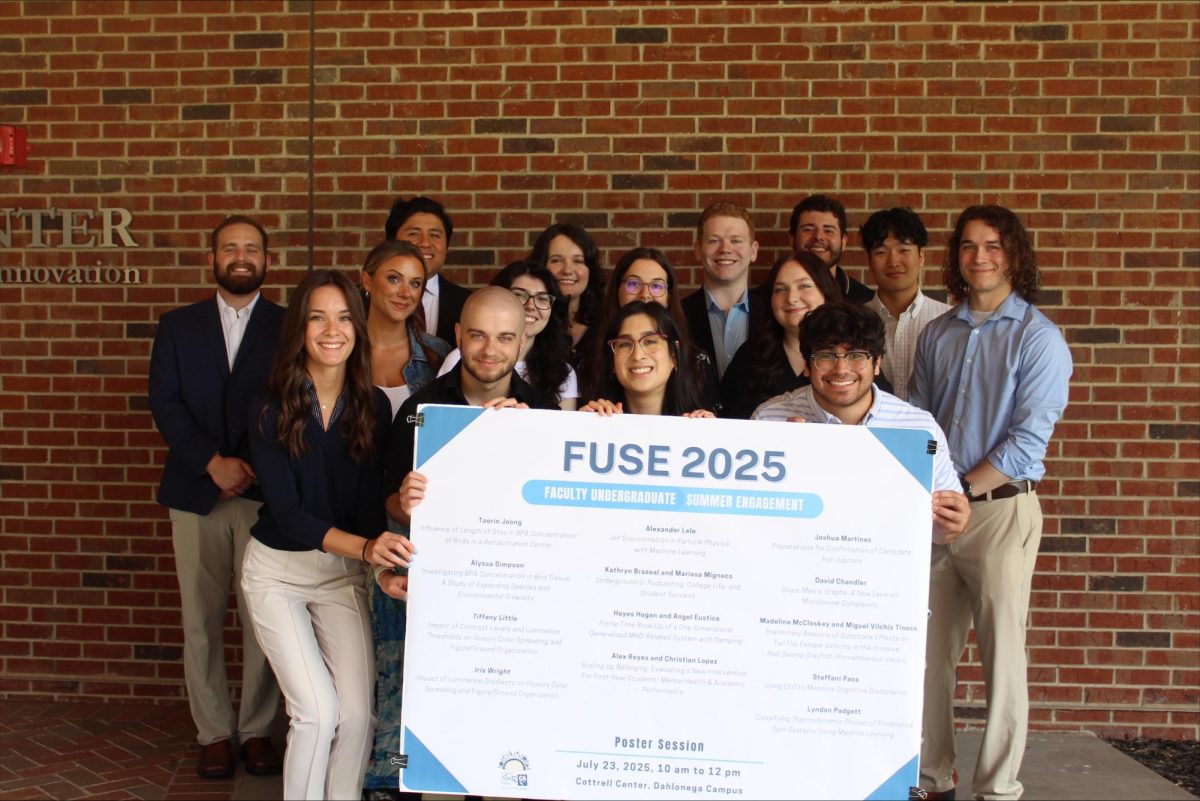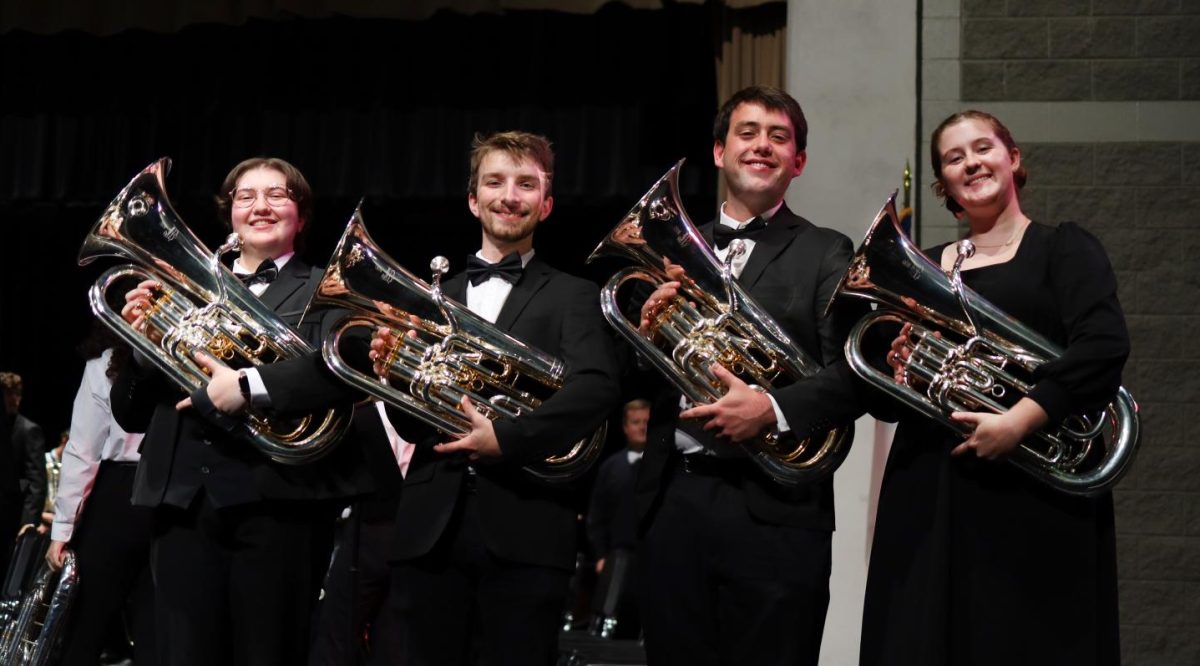The University of North Georgia offers many education abroad opportunities. From Peru to Taiwan, students can personalize their experiences through academics, internship or domestic travel study.
Education abroad advisor, Sterling Bishir, says, “A typical study abroad program where a student goes abroad to some other school, takes classes, gets credit, all that,” she says, “But then also, we handle international internships and then also domestic traveling study experiences as well.”
Bishir says the Education Abroad website contains hundreds of different programs that students can explore. She says roughly 200 students are traveling in one of these programs yearly. She says, “You have to have been [at UNG] for 30 credit hours before you can study abroad…and then a lot of programs require you to have at least a 2.5 grade point average.”
Bishir says the finances can be “tricky.” She says, “Generally, you’re going to have to have some sort of funding for yourself.” She says the program works closely with UNG’s scholarship department to find niche scholarships for students. She says, “We have to pay vendors to make the program happen, so we have to get money up front to do that, and sometimes students then have to wait for funding to come back to them later.”
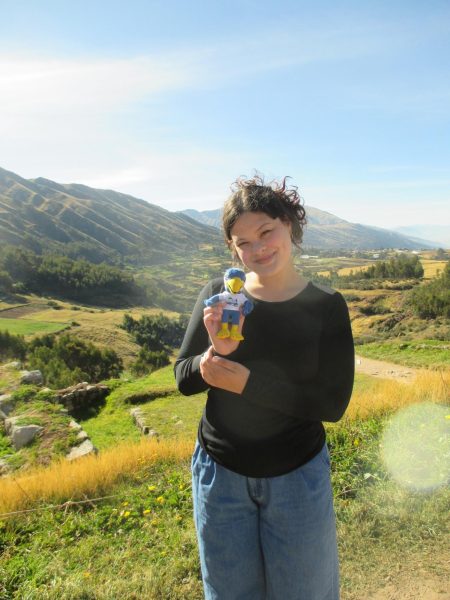
Ceres Williams, a junior international affairs major, went to Peru this past summer. “I spent five weeks studying at a local university, where I had the privilege of learning from two incredible professors,” she said. Williams says she lived with a host family during her stay. “We shared many laughs and meaningful conversations, breaking down cultural barriers and strengthening our understanding of the world through our time together.”
Williams said she earned the Gilman Scholarship, which helped contribute to her program, but also used funding from her family.
She says studying abroad is one of the most impactful experiences in her college journey so far. “Living and learning in Peru allowed me to engage directly with a different way of life, helping me develop a more global mindset, something that is not just important for my degree, but in our rapidly changing world,” Williams says.
Lily Dickson, a junior history major, traveled to Cusco, Peru for five weeks with a host family as well. She says, “We spent weekends visiting beautiful Andes mountains, Inca ruins, rural farming communities or exploring the city with our host families.” She says, “I learned to go with the flow, but also how to be assertive and honest when I needed help. A big part of the process was letting go of the embarrassment of not knowing things that were obvious to other people.”
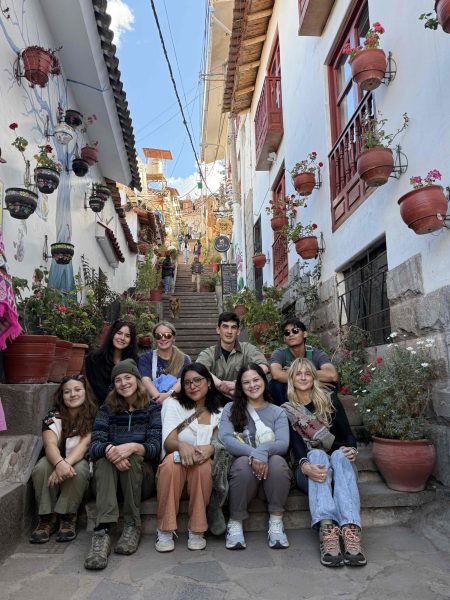
She says she was not able to get any scholarships, however, “I was able to use savings from my job to pay for the tuition and trip expenses.” She says in Peru, “Cusco had the biggest, freshest, cheapest produce I have ever seen. The avocados were gigantic. I ate them almost every day.”
Dickson says, “I also really miss dinners with my host family every night. I smile when something reminds me of the apartment back in Cusco and the conversations I had with my host parents and sister. I don’t talk about it often, because the feeling can’t be explained to someone who hasn’t had the same experience; Sometimes I think I can’t cry, but the last time I hugged my Peruvian family proved me wrong.”











